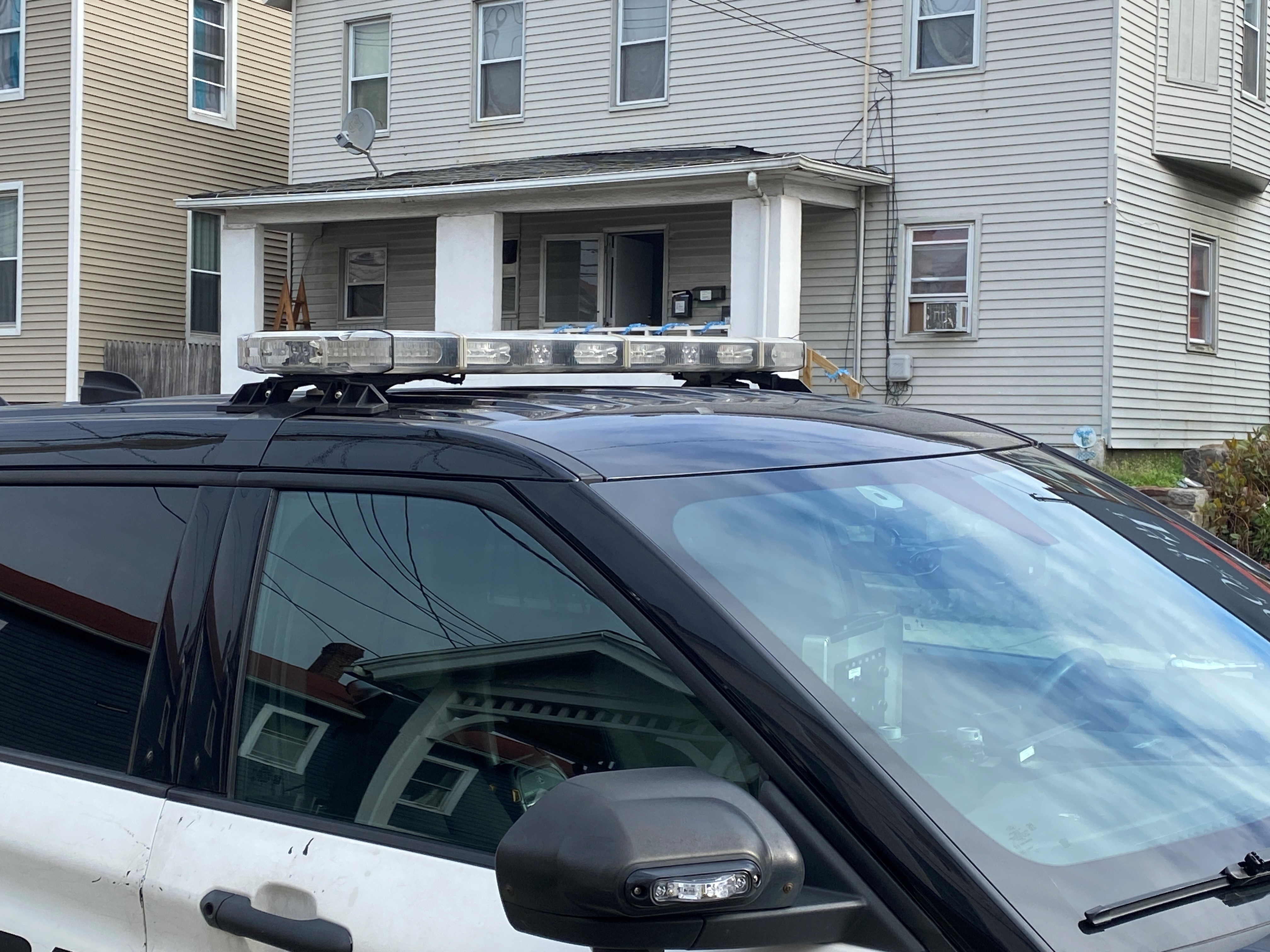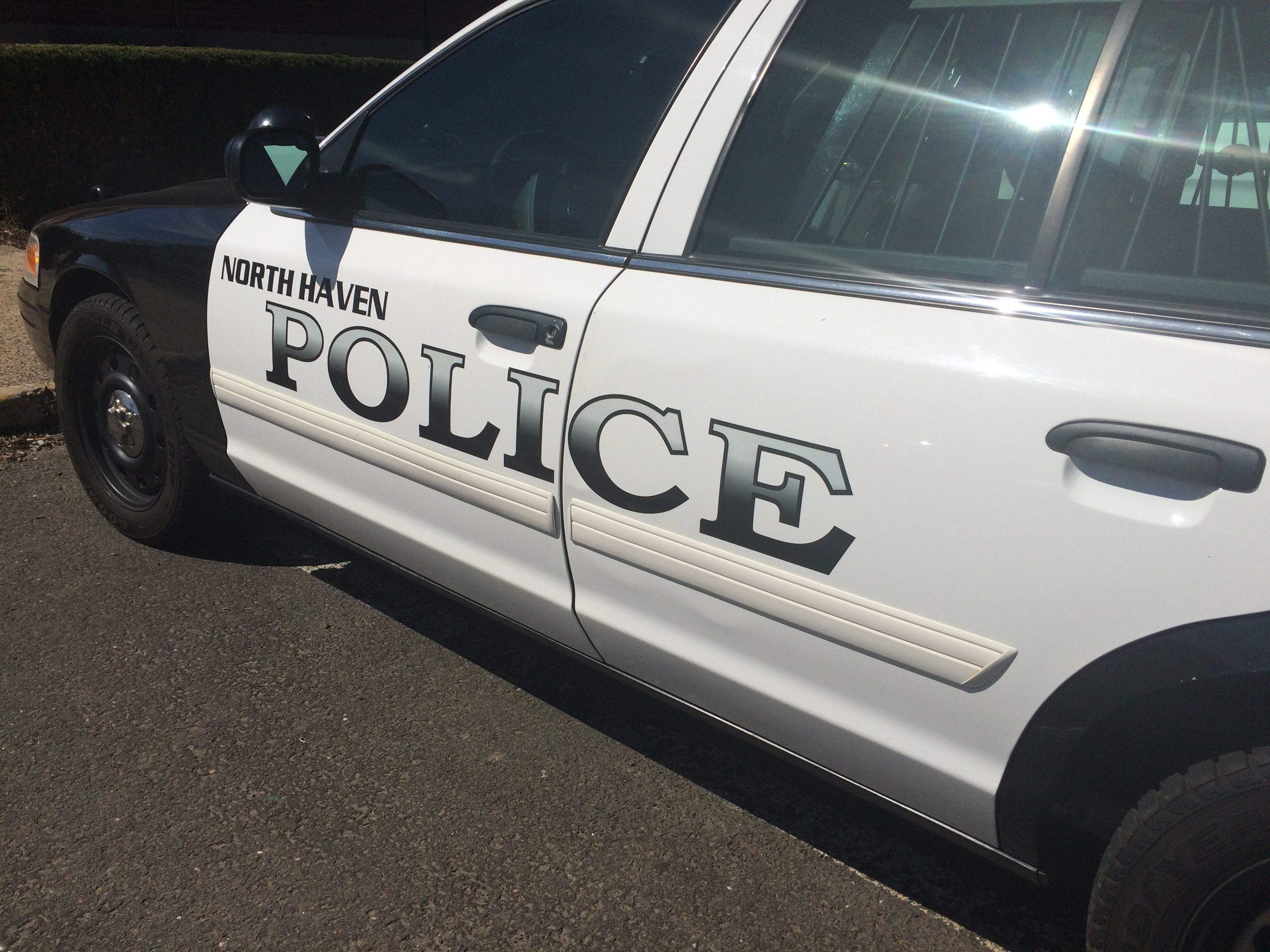The Connecticut Chapter of the American Academy of Pediatrics said ideally, it would like to see the COVID-19 vaccine available to kids by the next school year, with details about exactly when it will become available and how it will be administered still in the works.
“I have a 20-month-old toddler at home and I’m eight months pregnant with my second one,” mom Sarah Moore said.
Pediatric experts in Connecticut say the COVID-19 vaccine could be available to children by summer. By then, Moore said she hopes she has more answers than questions.
“What are the possible side effects? What’s the research that’s been done on it on children on toddlers?” Moore said.
“The only way to really get it under control and hopefully eradicate it is to vaccinate the children as well,” Dr. Jody Terranova said.
Dr. Jody Terranova, with the Connecticut Chapter of the American Academy of Pediatrics and a member of the Governor’s COVID-19 Vaccine Advisory Group, said Pfizer is the first and only company so far to begin vaccine trials on children. They began trials for children 16 years and up in late September and added children 12 and older to the trials a few weeks later.
“It will still be at least three or four months before we have data even just from that first company that started before we have data on children, never mind the other companies that will hopefully soon include children in their trials as well,” Terranova said.
Local
Terranova said state officials are sizing up Connecticut’s independent pediatric offices to determine their ability to store and administer the COVID vaccine to children, but mass vaccination for children will likely require other partners.
“We may be looking at doing things with local health departments, school settings with pharmacies and really having as many options available to families that will offer extended hours,” Terranova said.
Terranova said while coronavirus is not impacting children as seriously as adults, they are still a big part of the equation. She said herd immunity in children will be crucial in getting COVID under control.
“I think as we get a little more data and get adults vaccinated, we’ll have a sense of how many people need to be vaccinated to really slow down the spread,” Terranova said.



